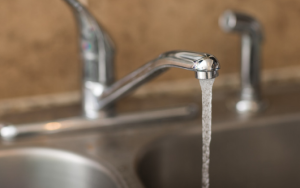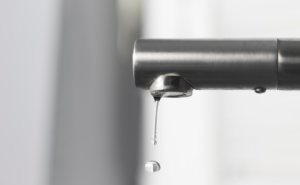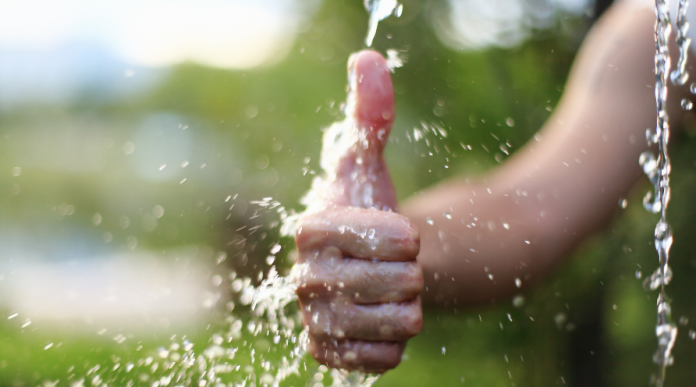Table of Contents
Water has for a very long time been regarded as a neglected resource. It didn’t break the bank. It was thought to be available in large quantities. In addition, there were not many incentives to conserve the resource. No more.
Municipal water systems attempting to keep up with increased demand are running into difficulties due to factors like population growth, economic development, ageing infrastructure, and recurring droughts in the region. Facility executives and homeowners are being confronted with rapidly increasing charges, restrictions on water consumption, or both.
People can benefit from an energy audit that helps them identify and evaluate potential avenues for cutting energy consumption. But what’s even more crucial is that it provides them with a comprehensive survey and analysis of how energy is used. A similar method is required to cut back on water consumption in today’s world.
What is a Water Use Audit?
 There is a growing consciousness among people worldwide regarding the significance of water to our everyday life. They often ask themselves, what is an average household’s energy usage and water consumption,” which helps them reflect on their activities.
There is a growing consciousness among people worldwide regarding the significance of water to our everyday life. They often ask themselves, what is an average household’s energy usage and water consumption,” which helps them reflect on their activities.
Water auditing is a method for reducing one’s water consumption, which will become an increasingly important practice in the foreseeable future. The purpose of water auditing is to quantify water flows and quality in simple or complicated systems to minimize water usage and, as a result, save money on water use that would otherwise be wasteful.
Benefits of Water Auditing for UK Residents

An exhaustive water use audit will investigate all of the primary facets of a facility’s water consumption, such as sanitation, maintenance, mechanical systems, building processes, and irrigation. The water consumption audit will provide a breakdown of the how, when, and where water is used for each of these areas.
An audit of the water supply can assist you in safeguarding both the aquifer and the water supply for your town. The results of a water audit will make you more aware of how you use water and will allow you to find ways in which you may reduce the amount of water you use by putting particular water conservation measures into practice.
You may reduce the amount of water you use by as much as 20 to 40 percent by taking a few easy steps toward conservation, and you can do this even if you don’t make major changes to the way you live.
How to Conserve Water?
 Check for Leaks
Check for Leaks
Leaking faucets, toilets, and other household fixtures are responsible for losing around 14 percent of home water supply on average.
Replace Fixtures and Appliances
After you have fixed any leaks that may have been present in your house, the next step is to examine how energy-efficient your existing fittings, appliances, and furnishings are. Frequently, uncomplicated renovations can result in significant water savings.
Change Your Habits
Making modest adjustments to how one uses water is one of the most straightforward and cost-effective approaches to water conservation. Your family’s water consumption patterns should be carefully examined for a comprehensive water audit.
A water audit is a tried-and-true method that pinpoints areas where water is being put to beneficial use while also exposing areas where it is being frittered away. One can keep track of their water usage and concentrate on the actions that result in renewable energy loss and the costs of that loss by completing a water audit.


